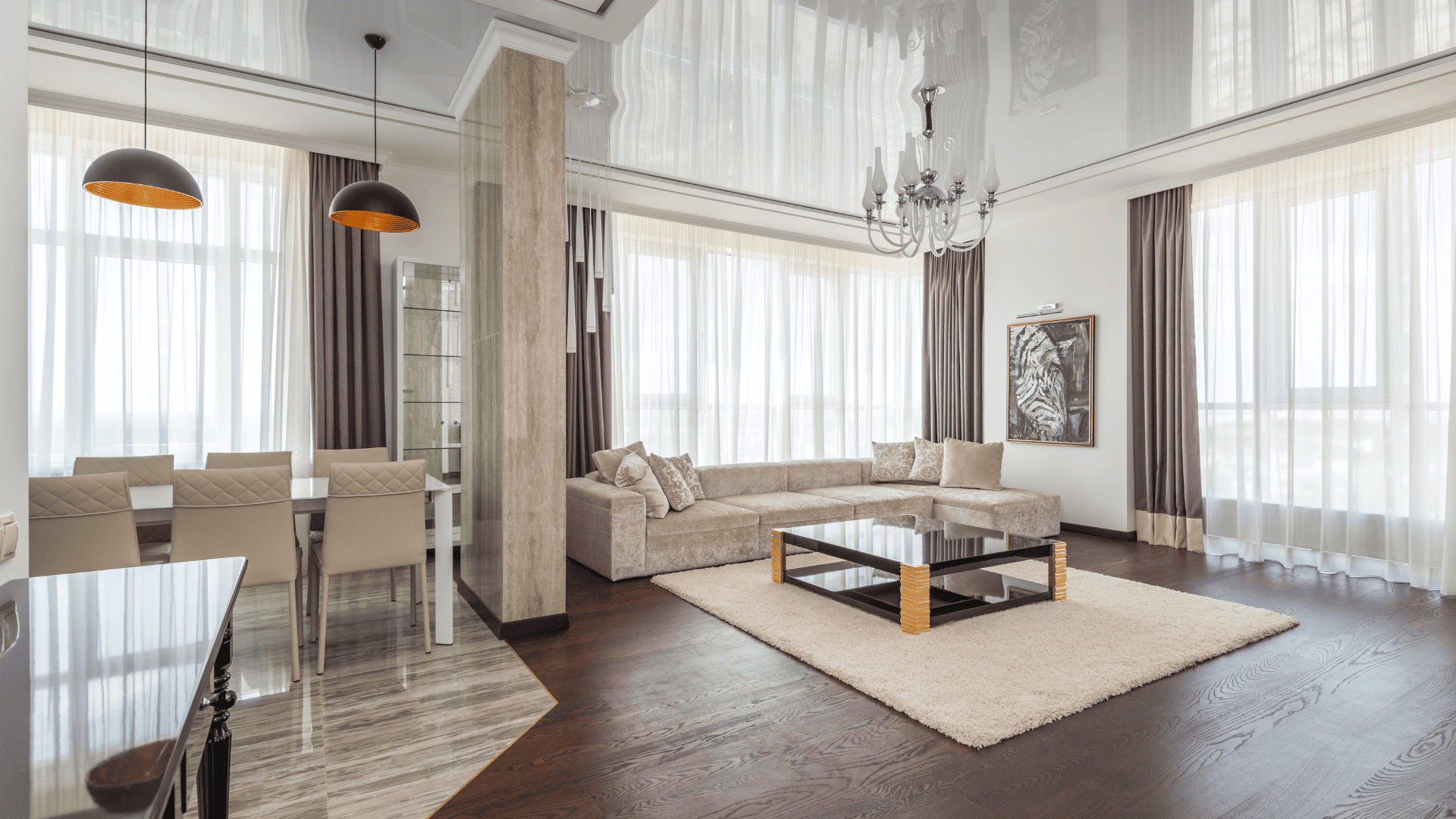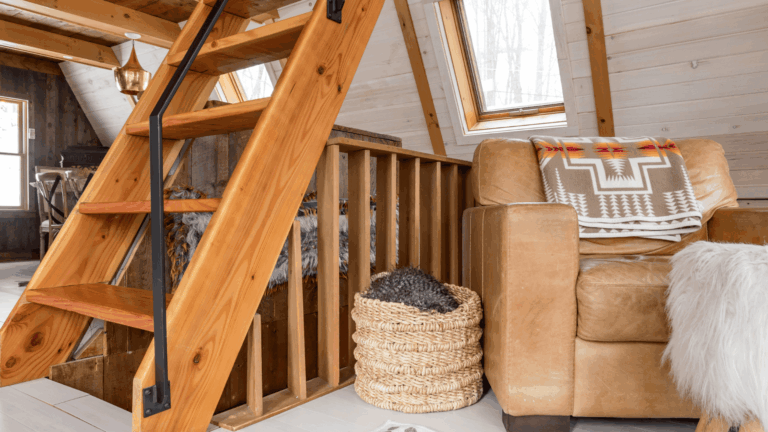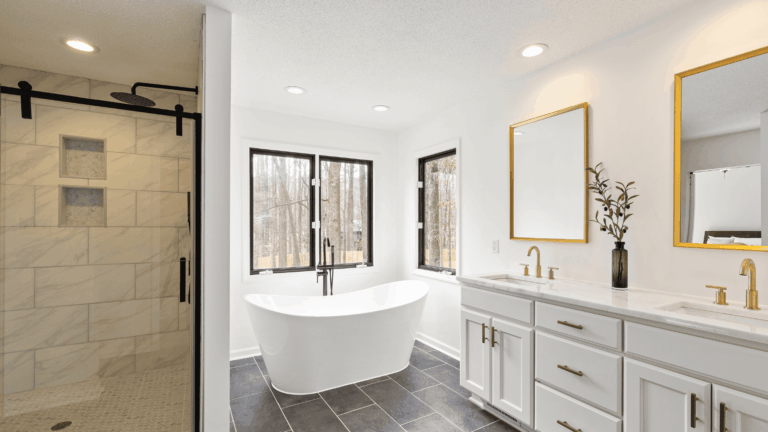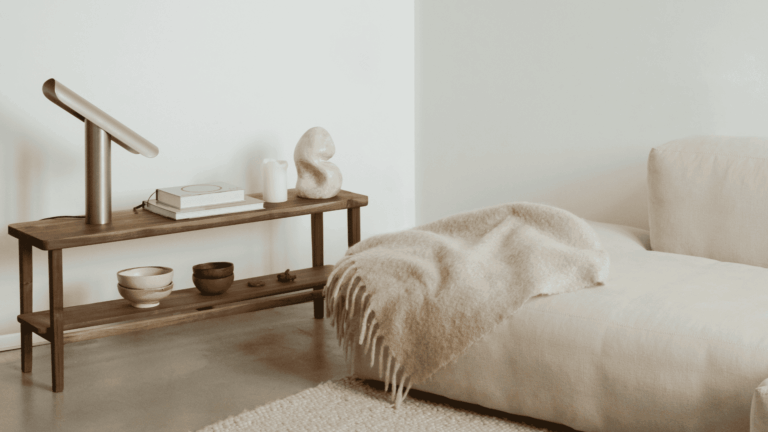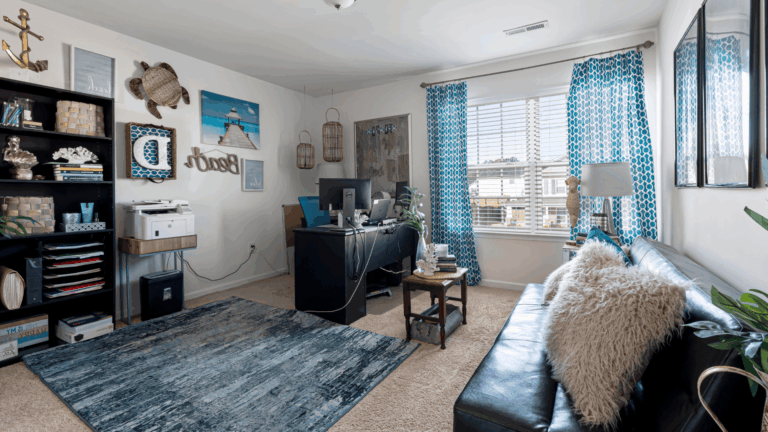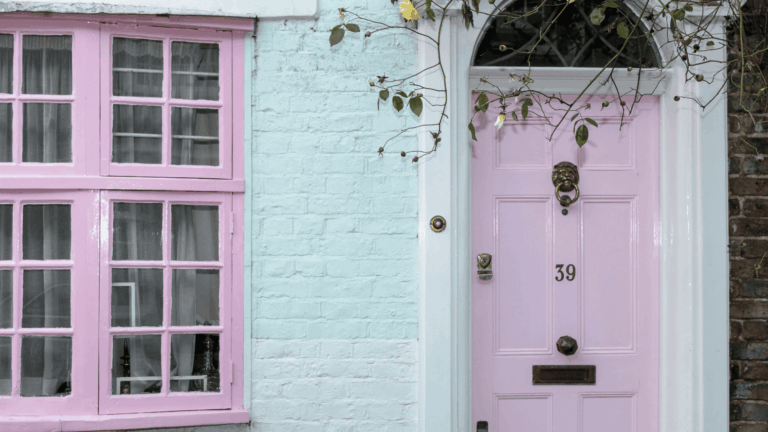10 Small Space Design Ideas That Maximize Style and Functionality
Discover 10 small space design ideas to transform your home into a stylish and functional haven. Learn clever tricks to maximize every corner with ease.
Why Small Space Design Matters
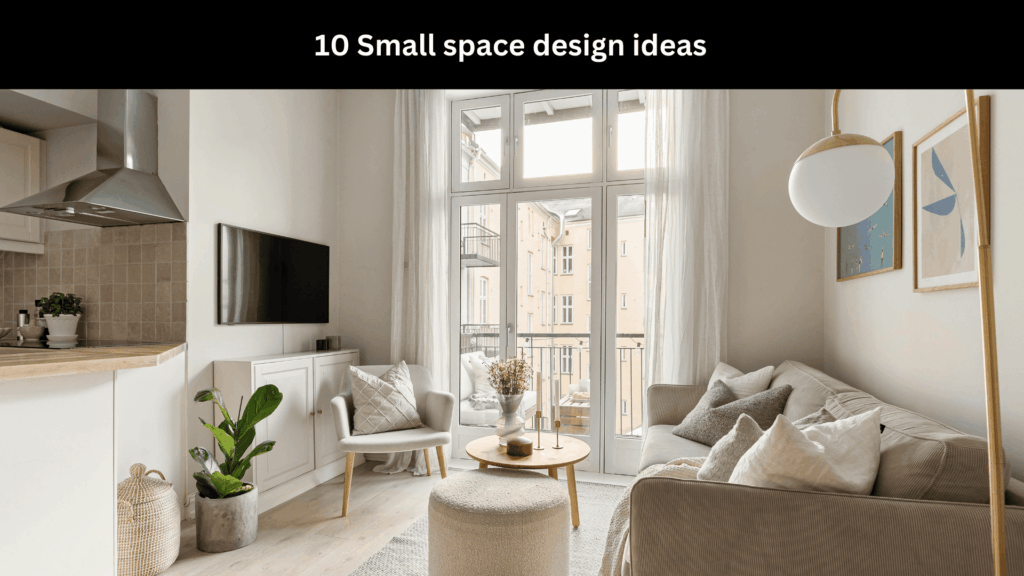
Living in a compact home, studio apartment, or tiny room doesn’t mean you have to sacrifice style, comfort, or functionality. In fact, small spaces can often feel more welcoming and cozy than sprawling homes when they’re thoughtfully designed. The challenge lies in finding ways to make every square foot work hard without creating a cluttered or cramped environment.
With the right strategies, you can transform your living area into a functional yet stylish sanctuary. This article will guide you through 10 small space design ideas that not only maximize your home’s efficiency but also enhance its overall aesthetic appeal. Whether you’re decorating a studio apartment, downsizing, or simply working with limited square footage, these tips will inspire you to reimagine your space in fresh and practical ways.
The Psychology of Living in Small Spaces
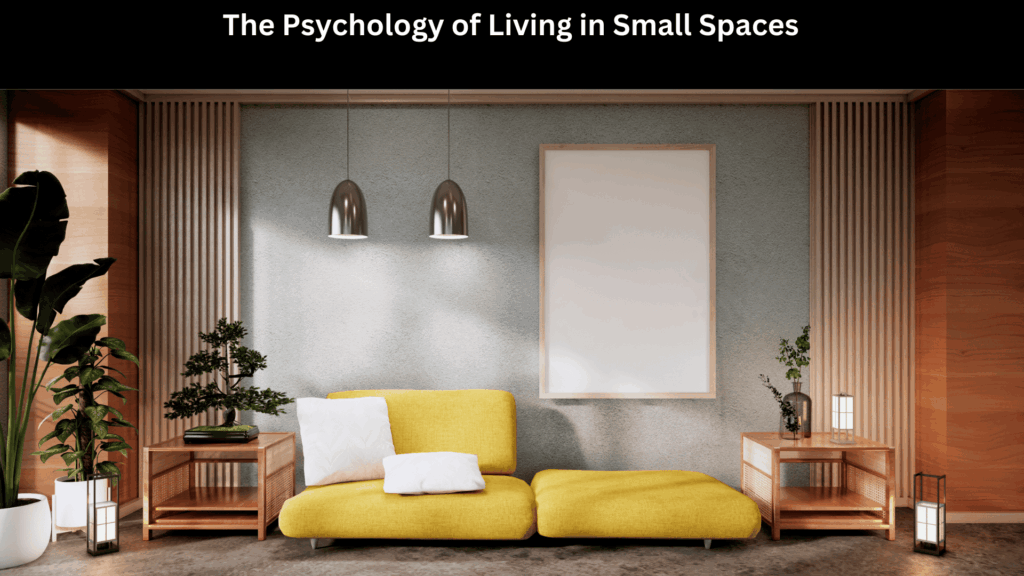
How Space Impacts Productivity and Well-Being
The way we experience space has a profound effect on our mood and behavior. A cluttered or poorly designed room can create stress, limit focus, and even reduce creativity. On the other hand, a thoughtfully designed environment—no matter how small—can make you feel more in control, calm, and productive.
Small spaces encourage intentional living. Instead of surrounding yourself with unnecessary items, you’re prompted to prioritize what truly matters. This minimalist approach often leads to greater satisfaction and peace of mind.
Common Mistakes in Small Space Decorating
Many people unintentionally make design errors that shrink a room visually, such as:
- Using oversized furniture that dominates the room.
- Choosing dark paint colors without balancing them with adequate lighting.
- Neglecting vertical space, leaving walls bare.
- Overloading the room with décor, making it appear cluttered.
Avoiding these pitfalls is the first step toward unlocking your home’s potential.
Use Multi-Functional Furniture
When every square foot matters, furniture should work double duty. Multi-functional pieces allow you to enjoy comfort without sacrificing storage or mobility.
Benefits of Convertible Sofas and Murphy Beds
A convertible sofa that transforms into a bed is a game-changer for studio apartments. Similarly, Murphy beds fold into the wall, freeing up valuable floor space during the day. Both options offer flexibility and make your living area feel more spacious.
Storage-Friendly Ottomans and Benches
Ottomans with hidden storage or benches with built-in compartments can store blankets, books, or shoes while providing seating. These versatile pieces keep clutter at bay and add visual interest to your décor.
Optimize Vertical Space
Floor space is limited, but walls offer endless potential.
Floating Shelves and Wall-Mounted Storage
Floating shelves keep items off the floor and create open displays for books, plants, or décor. Wall-mounted storage solutions, such as hooks or racks, are perfect for organizing coats, bags, and kitchen utensils.
Tall Cabinets and Bookcases for Small Apartments
Tall cabinets and bookcases draw the eye upward, giving the illusion of higher ceilings. They’re also perfect for organizing everything from kitchen supplies to office materials without occupying extra floor space.
Embrace Minimalist Design Principles
Minimalism is more than a style—it’s a lifestyle choice that pairs beautifully with small-space living.
Decluttering Strategies for Tiny Rooms
Adopt a one-in-one-out rule: when a new item enters your space, an old one should leave. Use storage baskets and bins to keep surfaces clear and maintain a streamlined look.
Choosing Neutral Colors and Light Palettes
Light and neutral tones—such as whites, beiges, and soft grays—make rooms appear larger and brighter. Pair them with natural materials like wood or stone to create warmth without overwhelming the space.
Smart Lighting Solutions
Lighting can completely transform the atmosphere of a room.
Layered Lighting for Ambiance and Practicality
Use a mix of ambient, task, and accent lighting. Ceiling fixtures provide overall illumination, while desk lamps or under-cabinet lights handle specific tasks. Accent lights add drama and highlight design features.
Using Mirrors to Reflect Natural Light
Strategically placed mirrors bounce natural light around the room, making it feel bigger and brighter. A large mirror opposite a window can visually double the space.
Open Concept Layouts
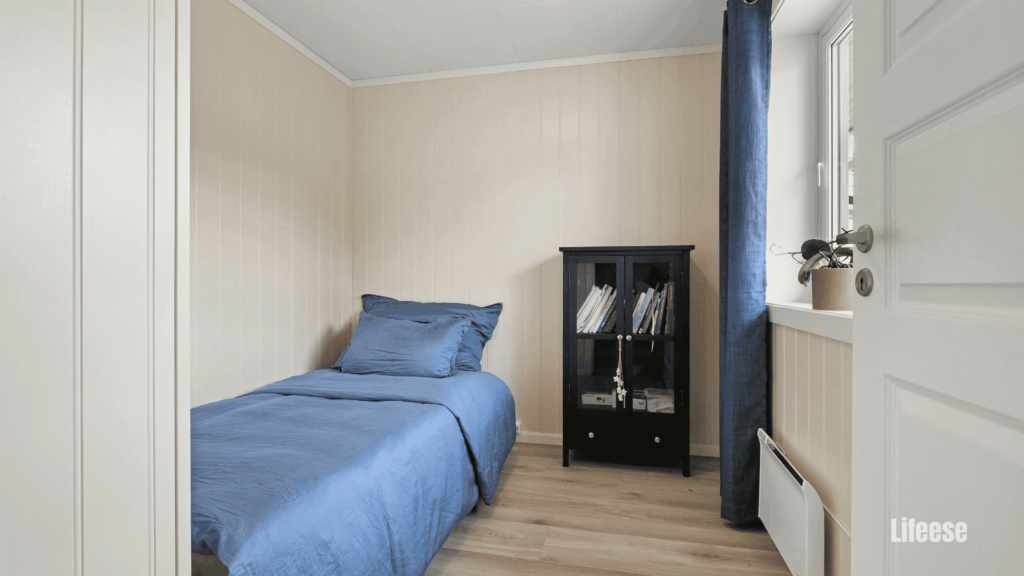
Breaking down physical barriers can make even the smallest homes feel expansive.
Combining Kitchen, Dining, and Living Areas
Blending spaces creates flow and openness. Instead of separate rooms, use rugs or lighting to define different zones within one open area.
Room Dividers That Don’t Eat Up Space
Instead of bulky partitions, opt for sliding glass doors, curtains, or lightweight shelving units. These create division while preserving light and movement.
Hidden Storage Hacks
Every corner has the potential to hold more than meets the eye.
Under-the-Bed Storage and Rolling Drawers
Use bins, drawers, or rolling organizers under the bed to hide seasonal clothes or extra bedding. This keeps closets from overflowing.
Built-In Cabinets for Efficiency
Custom-built cabinets maximize awkward corners or unused nooks. From staircases to alcoves, built-ins blend seamlessly with your space while adding significant storage.
Use Bold Accents Strategically
Small spaces don’t have to be bland. Bold choices create personality without overwhelming the room.
Accent Walls to Add Depth
A single bold wall painted in a dark or vibrant shade can add depth and make the room feel dynamic. Use it sparingly to avoid shrinking the space visually.
Statement Rugs and Compact Art Pieces
A patterned rug or a collection of small framed artworks provides character and draws attention without crowding the room.
Bring Nature Indoors
Adding greenery instantly refreshes any small space.
Indoor Plants for Freshness and Air Quality
Small potted plants, succulents, or herbs improve air quality and bring life into the room.
Vertical Gardens and Hanging Planters
For very limited spaces, vertical gardens and hanging planters add greenery without sacrificing floor area.
Space-Saving Kitchen Design
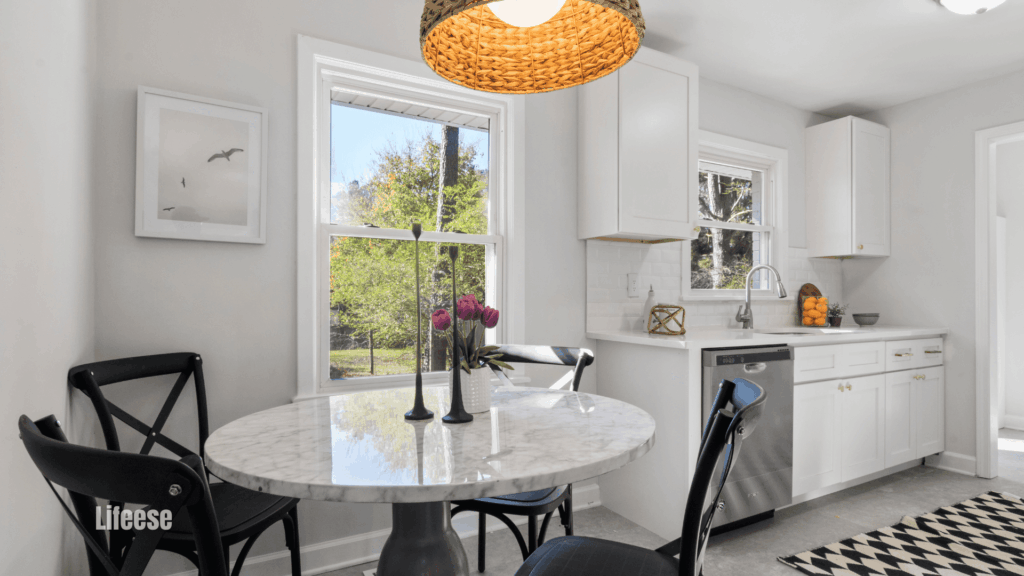
Kitchens often feel cramped in smaller homes, but clever solutions can help.
Foldable Dining Tables and Pull-Out Counters
Foldable tables or pull-out counters provide dining and prep space when needed, then tuck away when not in use.
Compact Appliances for Tiny Kitchens
Opt for slim refrigerators, two-burner stoves, and multi-use appliances like combination ovens to maximize counter space.
Personalized Small Space Touches
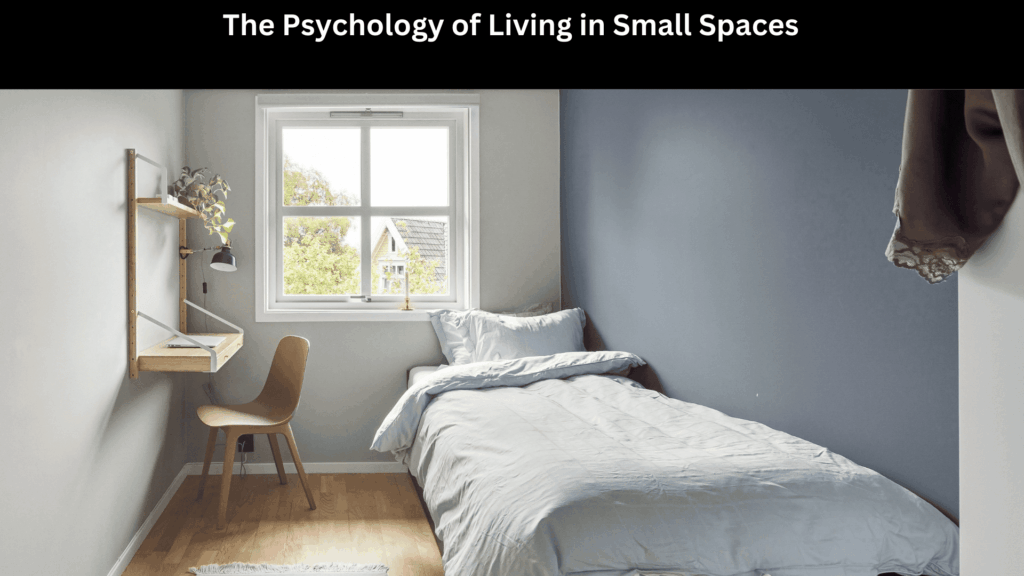
Your space should reflect your personality, no matter the size.
Displaying Collections Without Clutter
Instead of spreading items across every surface, group collections on one wall or shelf for a curated look.
DIY Storage and Decor Projects
Repurposed crates, mason jars, or floating pallets can add character while solving storage challenges. These DIY solutions are cost-effective and creative.
FAQs on Small Space Design
What colors make a small room look bigger?
Light shades like white, cream, and pale gray reflect more light, making a room appear larger and airier.
How do I make my small living room feel spacious?
Use multi-functional furniture, mirrors, and strategic lighting to open up the room visually.
What furniture works best in a studio apartment?
Compact, foldable, or convertible furniture such as Murphy beds, nesting tables, and modular sofas are ideal.
How do I add storage without making a room crowded?
Focus on vertical storage, hidden compartments, and built-ins that blend seamlessly with walls.
Can mirrors really make a small space appear larger?
Yes, mirrors reflect light and create the illusion of depth, instantly expanding the perceived size of a room.
What’s the best layout for a tiny home?
An open-concept layout with clearly defined zones (living, dining, and work) maximizes usability while keeping flow intact.
Conclusion: Transforming Tiny Spaces Into Stylish Sanctuaries
Living in a small space doesn’t mean compromising on comfort or style. With creativity, resourcefulness, and thoughtful planning, every square inch can become both practical and beautiful. By incorporating multi-functional furniture, optimizing vertical storage, embracing minimalism, and adding personal touches, your compact home can feel spacious, organized, and full of life.
Remember, it’s not about how much space you have—it’s about how you design it. With these 10 small space design ideas, you can transform even the tiniest room into a stylish sanctuary that reflects your personality and supports your lifestyle.
